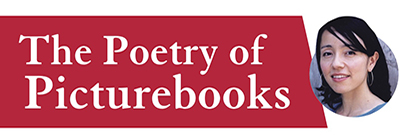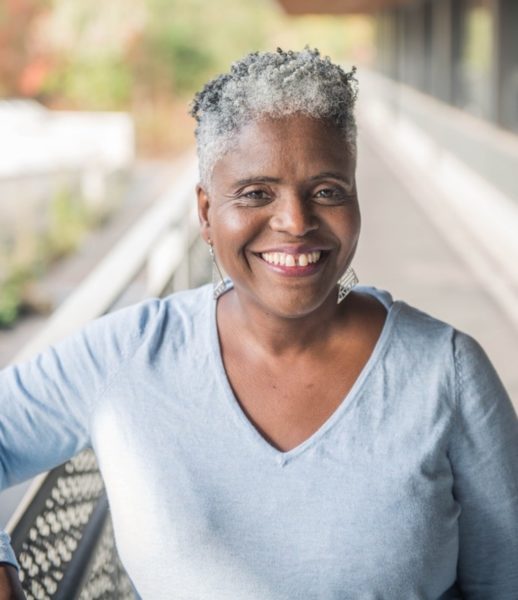Students in Sultan Rana’s “Teaching Physical Education and Health” course participated in a carousel activity with industry experts to learn about community mental health and wellness resources available to schools and students. The activity was another example of experiential education and hands-on learning in York University’s Faculty of Education.

Representatives from six community organizations, including Toronto Public Health, Hassle Free Clinic, The Centre for Addiction and Mental Health (CAMH), Naseeha, Ontario Physical and Heath Education Association (OPHEA) and the John Howard Society of York Region, were on hand to answer questions and to provide valuable insight into the resources and services that they offer.
“The main objective of the activity was to connect our soon-to-be educators with health and wellness experts from organizations across the Greater Toronto Area,” Rana said. “It provided my students with an opportunity to see that health and wellness supports exist outside of schools and should be integrated into their teaching practice. It also gave them a chance to get a first-hand account of the many resources and services that are available to them.”
Students visited each organization’s carousel for 15 minutes to learn about the support services they offer and to discuss how to build positive relationships between schools and organizations.

“We provide teachers with essential tools, resources, supports and professional learning necessary to teach students the fundamentals of healthy, active living,” said Andrea Haefele from OPHEA. “All of our supports are developed in partnership with sector and subject matter leaders to make school communities healthier, safer and happier. It’s important for us to present and share the information with teacher candidates because we need to ensure that they are aware and equipped with reliable, relevant, evidence and practice-informed resources and supports to enable them to deliver quality health and physical education programs, along with extra-curricular programs.”
Students’ overall health and wellness affects everything from their academic performance to success later in life. Promoting positive mental health, identifying students at risk, and helping them to get the support they need are all roles that teachers and the education system can play.
“In this Q-and-A style discussion and activity, I had the opportunity to learn from and develop great partnerships with various organizations including CAMH, OPHEA and Toronto Public Health to name a few,” said student Simmy Kaur. “The guest speakers were eager to provide multiple platforms for support such as programs, drop-in sessions and help lines. This hands-on activity has inspired me to facilitate my own carousel in my future teaching practice in order to inform my students of the rich resources available to them in their local community.”

















 More than
More than 
 The 2020 celebration will position education and the learning it enables as humanity’s greatest renewable resource and reaffirm the role of education as a fundamental right and a public good. It will celebrate the many ways learning can empower people, preserve the planet, build shared prosperity and foster peace.
The 2020 celebration will position education and the learning it enables as humanity’s greatest renewable resource and reaffirm the role of education as a fundamental right and a public good. It will celebrate the many ways learning can empower people, preserve the planet, build shared prosperity and foster peace.

